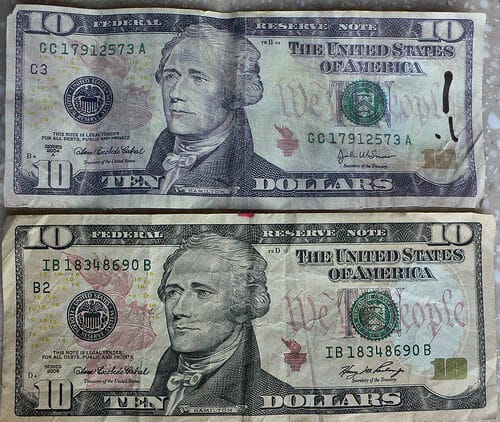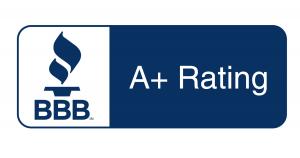Forgery Defense Attorneys in Pittsburgh
Many people are familiar with the term forgery, as in they have heard it used before and may have even seen it referenced on TV or in a movie. However, the reality of forgery can sometimes be quite different than what people have seen on TV. In fact, there are many forms of forgery and the consequences can be quite severe for those who are caught and convicted of the crime. In Pennsylvania, there are clear laws that define what forgery is and how it should be tried and punished.
What Is Forgery?

Pennsylvania in particular adds the intent to injure to their definition of this crime, although when it comes to forgery, the intent is more often to deceive. Any time anyone attempts to recreate something that isn’t the original, but attempts to pass it off as such in order to make money or commit another form of deception can be charged with forgery in Pennsylvania. Because this issue covers such a large scope of potential crimes, it’s important for individuals to be well-versed in what it is and how to handle it in the event they are facing these types of charges.
Types of Forgery in Pittsburgh Pennsylvania
As stated above, forgery refers to any attempt to defraud someone, potentially with the intent to injure or harm, by copying an original without permission and trying to pass it off as the real thing. In most cases, this is performed in an attempt to make money. However, there are other reasons individuals attempt to defraud others, including fame.
It’s important to understand all the various types of forgery so you can gain a full understanding of why you may be facing charges. In some situations, individuals are unaware they are causing harm and breaking the law in Pittsburgh.
In most cases, forgery means creating a fake document, altering an existing document or creating a copy of a signature without the authorization of the owner. However, it can span a vast array of areas in life.
When most people think of forgery, they think about the cases where someone fakes another individual’s signature, such as on a piece of sports memorabilia or even on a check in order to steal funds from that person. While these are some of the most recognizable types, it certainly isn’t the only way this crime can be committed. Some of the other common types of forgery can include:
- Artwork
- Historical documents
- Identification cards
- Diplomas
- Licenses
- Legal contracts
These other types of forgery may be used to make money, such as in the case of artwork or falsifying licenses and diplomas to allow individuals to get better jobs than those for which they qualify. Forging historical documents and legal contracts can often be used to change the outcome of specific situations to benefit the individual.
Finally, people often forge identification cards to make themselves appear older or to convince people they are someone they’re not. Regardless of the purpose of the forgery or the outcome the individual is looking for, these types of forgery all equal committing a crime that is punishable by Pennsylvania law.
Penalties for Forgery in Pittsburgh, Pennsylvania
When individuals are facing forgery charges of any type in Pittsburgh, there are specific penalties that may be assessed, which is why it’s important to hire an experienced forgery attorney to handle your case. In most Pennsylvania cases, forgery of all types classifies as a misdemeanor of the first degree. This can be upgraded to a felony of the third degree in certain situations, including when the forgery involves wills, deed, contracts and commercial instruments, such as a bank check. It could also classify as a felony of the second degree when relating to postage and other government issued instruments. The penalties assessed will vary depending on whether it is classed as a misdemeanor or felony.
For cases classed as a misdemeanor, individuals who are convicted will face up to five years in prison and/or a fine up to $10,000. Third degree felonies increase the potential penalties to up to seven years in prison and/or up to $15,000. Finally, a second degree felony means individuals can face up to 10 years in prison and/or up to $25,000.
If you are facing charges in Pittsburgh and need the assistance of an attorney, contact the DRK attorneys today to discuss your options.
Photo Credit: DaseinDesign cc









